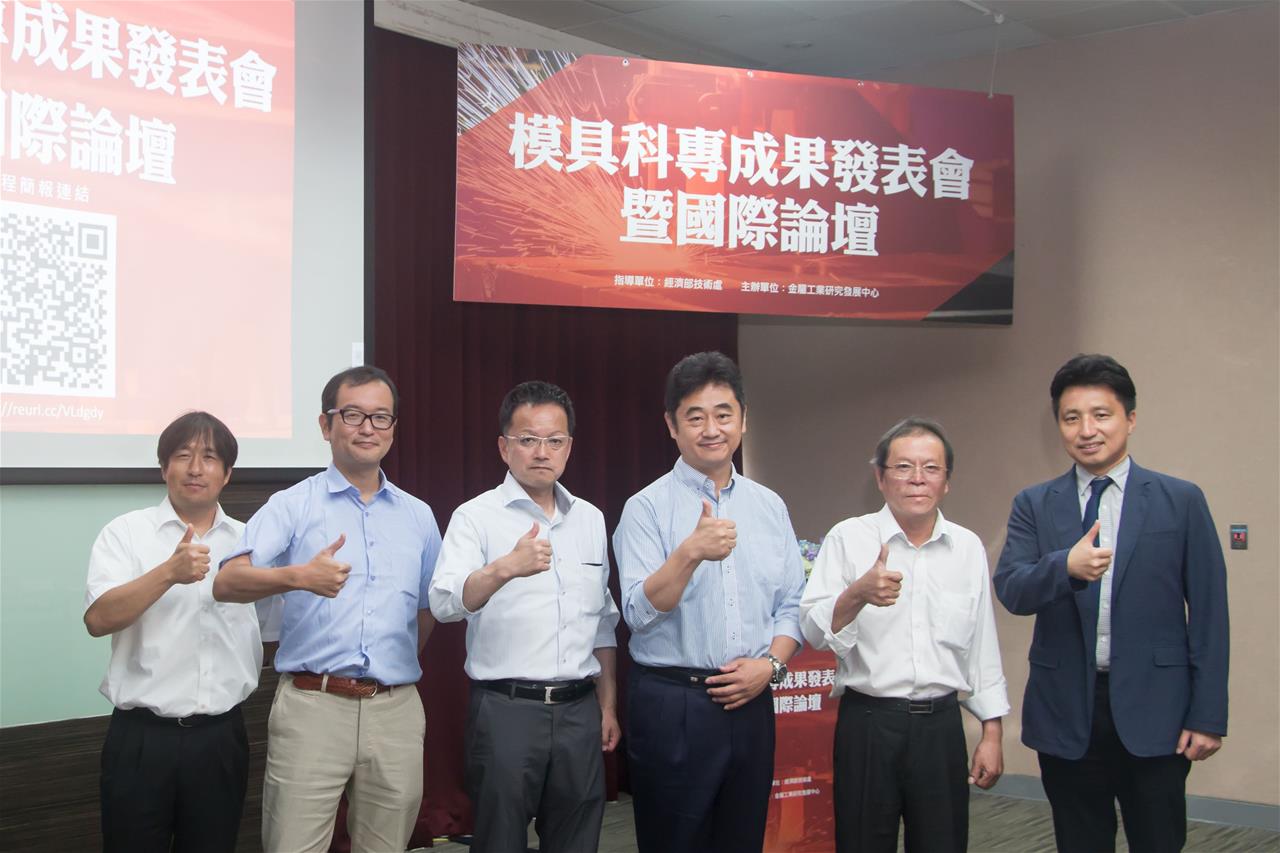
The Metal Industries Research & Development Centre (MIRDC) was tasked by the Department of Technology of the Ministry of Economic Affairs (MOEA) to facilitate the swift transition and enhancement of traditional industries. MIRDC executed the "Overall Digital Transformation of the Die and Mold Industrial Chain Critical Technology Development Program" in line with this objective. As a culmination of this initiative, the "Die and Mold Technology Development Program Results Presentation Conference" was successfully conducted on August 26th. The event convened experts, scholars, and industry representatives from the mold and die industry both domestically and internationally. Its objective was to facilitate the sharing and exchange of the most recent accomplishments and future prospects in the digital transformation of the mold and die industry.
The mold industry holds significant importance as a fundamental sector within the manufacturing industry. It plays a pivotal role in shaping the development index of the national precision industry, as it signifies the level of manufacturing technology. In light of the ongoing advancements in the global mold industry, it is evident that the manufacturing environment is undergoing significant changes. Consequently, mold development technology progressively shifts towards complexity, speed, long lifespan, and digital high-value-added mold development. This strategic shift aims to enhance development efficiency, enable flexible production, and promote intelligent manufacturing.
The event showcased the remarkable advancements made by Taiwan's mold and die industry in digital transformation. The topics discussed encompassed three key areas: "Digital Assisted Design for Molds," "High-Value Mold Development Technology," and"Intelligent Manufacturing Technology for Precision Molds." The research findings in these domains showcase the robust technological research and development capabilities of MIRDC and highlight the boundless potential of digital transformation within conventional industries.
One notable aspect of the event was the inclusion of esteemed mold industry experts from Japan and Korea. These experts engaged in comprehensive discussions and exchanged their perspectives on the present state and prospective growth of the mold industry in their respective countries. This program offers participants an international view and fosters international cooperation and exchanges, thereby positively influencing the development of the domestic mold industry. It is anticipated that this event's success will enhance the competitiveness and efficiency of Taiwan's mold industry.